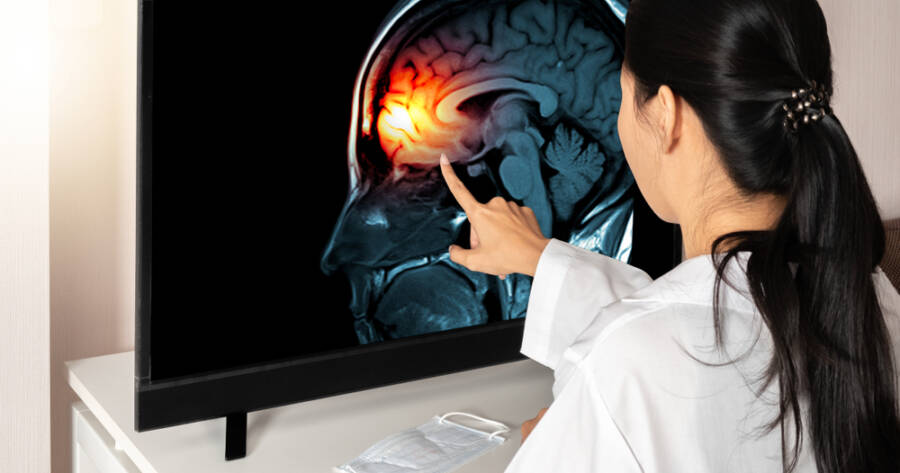Migraines can be debilitating, causing intense pain, nausea, and sensitivity to light and sound. Finding fast and effective relief is essential for those who suffer from frequent attacks. Fortunately, a variety of treatments—ranging from over-the-counter and prescription medications to natural remedies and lifestyle changes—can help alleviate symptoms quickly. Discover the most effective migraine relief options, including proven medical treatments and at-home strategies to stop migraines in their tracks and prevent future episodes.
What Are Effective Treatments for Migraines?
Effective treatments for migraines often include a combination of medication and lifestyle changes. Recent studies indicate that triptans, a class of medications specifically designed for migraine relief, have shown significant efficacy in reducing the frequency and severity of attacks. Additionally, preventive medications such as beta-blockers and anticonvulsants are frequently prescribed to help manage chronic migraine conditions. Lifestyle modifications, including regular exercise, adequate hydration, and a balanced diet, also play a crucial role in reducing migraine occurrences.
Doctor-Approved Methods to Alleviate Migraine Pain
Doctors often recommend a variety of methods to alleviate migraine pain. Nonsteroidal anti-inflammatory drugs (NSAIDs) are commonly used for mild to moderate migraines, while stronger prescription medications may be necessary for more severe cases. Furthermore, alternative therapies such as acupuncture and cognitive behavioral therapy have gained traction in recent years, with evidence suggesting they can effectively reduce migraine frequency and intensity. Maintaining a consistent sleep schedule and managing stress through mindfulness techniques are also endorsed by healthcare professionals.
Fast-Acting Solutions for Immediate Migraine Relief
For immediate relief from migraines, fast-acting treatments are essential. Medications such as sumatriptan can provide rapid relief when taken at the onset of a migraine. Additionally, over-the-counter options like ibuprofen or acetaminophen can be effective for some individuals. Non-pharmacological approaches, such as applying cold compresses to the forehead or resting in a dark, quiet room, can also help alleviate symptoms quickly. Recent research emphasizes the importance of early intervention in managing migraine pain effectively.
Specialist-Recommended Strategies for Long-Term Migraine Management
Long-term management of migraines often involves a comprehensive approach recommended by specialists. Regular consultations with a neurologist can help tailor treatment plans to individual needs. Lifestyle changes, such as identifying and avoiding triggers, are crucial for long-term success. Additionally, some specialists advocate for the use of continuous preventive treatments, including newer options like CGRP inhibitors, which have shown promise in reducing the frequency of migraine attacks. Education about the condition and self-management techniques are also vital components of a successful long-term strategy.
Learning More About Migraine Management
Understanding migraines and their management is essential for those affected by this condition. With ongoing research and advancements in treatment options, individuals can find effective strategies to alleviate pain and improve their quality of life. Staying informed about the latest developments in migraine treatments can empower individuals to make informed decisions regarding their health and well-being.





